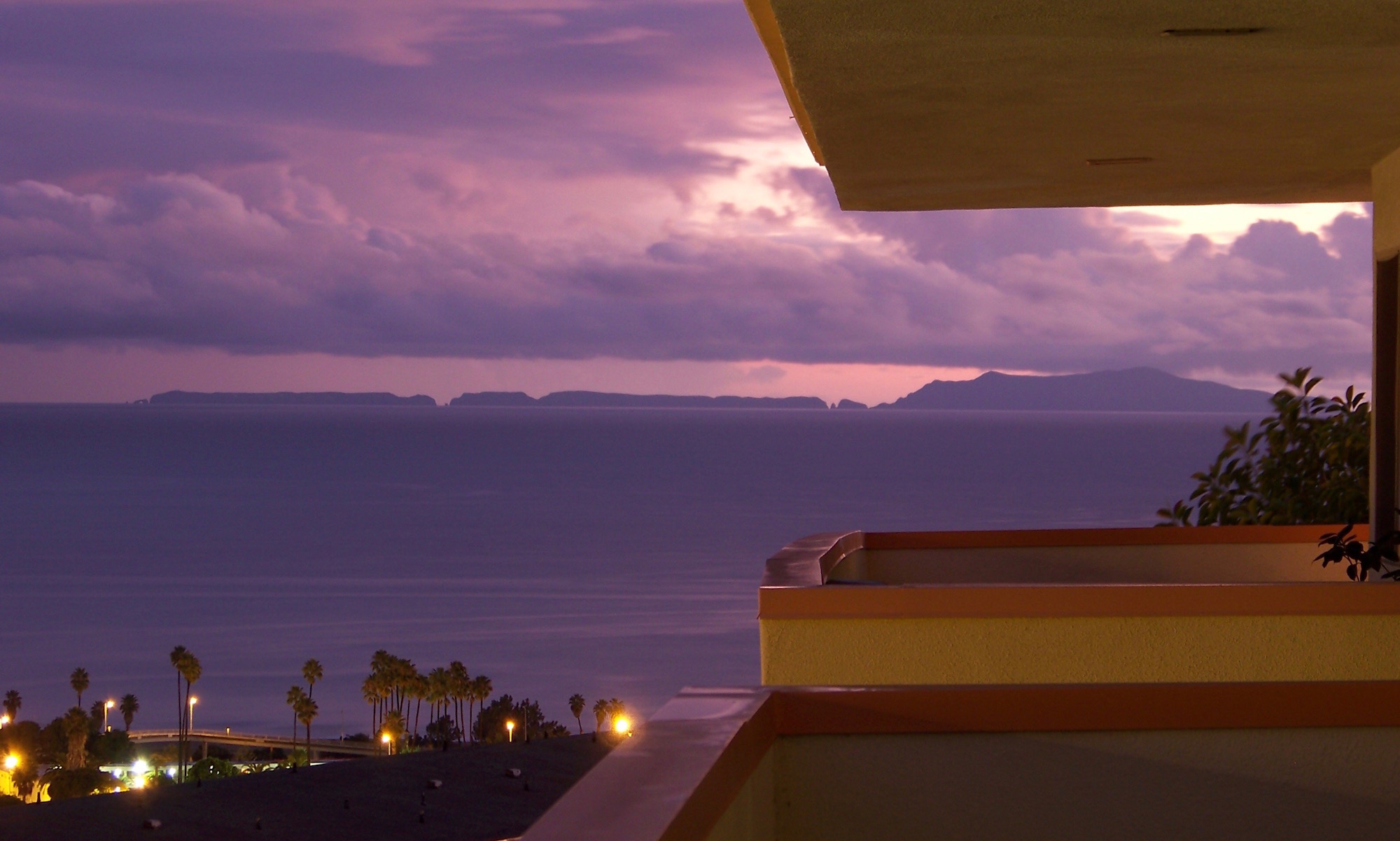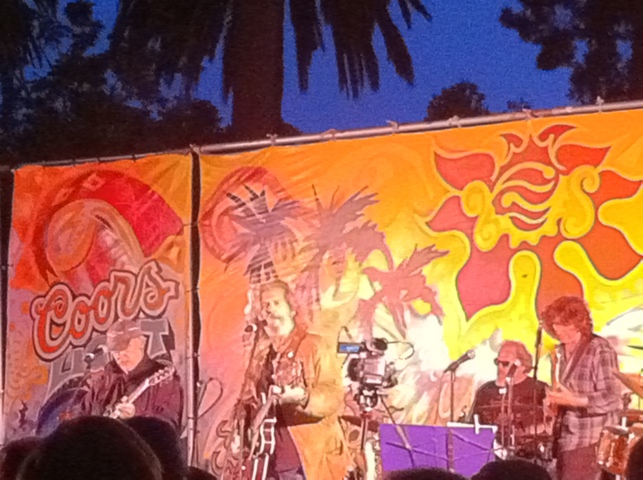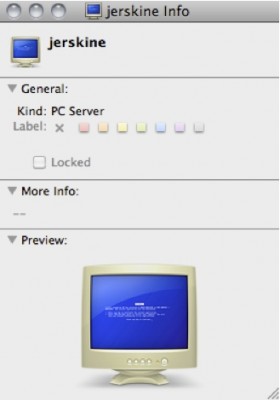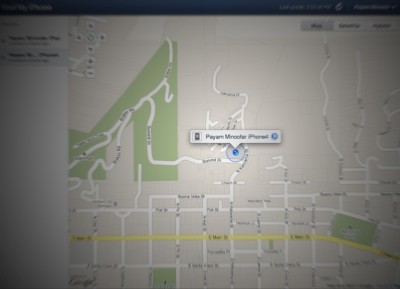Who would have thought that of all the celebrities I could have run into this last Thursday night that I would have run into Bjorn Borg. The tennis great looks absolutely fabulous at 55. He is still spry, in fantastic spirits and astonishingly active intellectually. All of these attributes are remarkable for a 55-year-old former tennis champion who has gone through considerable trials and tribulations over the course of a very eventful life.
Of particular and perhaps peculiar note were his amazing insights into identity, memory and technology. These are among the last things that one would be inclined to associate with tennis champions. His insights were particularly keen with respect to the way in which the digital age is shaping identity. I was taken aback by his pointed and novel arguments about how a careful cataloguing of one’s digital “presence” might possibly lead to insights into one’s own identity. The thought had never occurred to me, and I was quite struck by the depth of this tennis great’s intellect. He was indeed quite keen of mind.
At some point I seized upon the fact that it was happy hour at Eric Ericsson’s on the Ventura pier, and that the deft participant in this conversation was none other than my dear friend Pete Ippel, the great promulgator of hypermodernity and other germane concepts. The caricature sketched above doesn’t stray too far from Pete’s story. He was a remarkable athlete in college who set records at his alma mater, and he has since been a tireless chronicler of the effect of technology on social and individual psyches alike, a courageous subject for his own works and the works of his friends, and a fearless journeyman and teacher in the real of modern art.
In light of this career track–of Pete’s supreme performance as an athlete, a philosopher and an artist–it occurred to me that he ought to be called Bjorn Borges. Jorge Luis Borges’s classic works on human existence have earned the adoration of generations and the unending accolades of writers, physicists and philosophers. Pete and I are huge fans of Borges, and Pete’s inquiries overlap Borges’s considerably. So, what better a moniker can one possibly assign to a great artist whose visceral experiences as an athlete are as prominent as his abstract notions about identity and existence than Bjorn Borges.
Now, there is a guy who can keep himself entertained for lifetimes on end.
Whatever that means.






